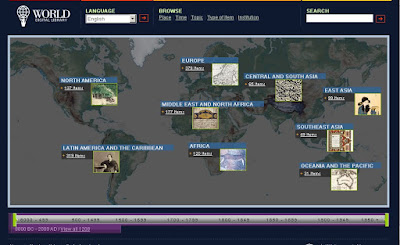
Nature Education has launched a free, online educational resource for undergraduate biology students and educators. Currently focussed on genetics, Scitable combines scientific information with social media functionality.
Scitable provides students with free online access to more than 180 overviews of key genetics concepts. The overviews are evidence-based and have been vetted by Nature Publishing Group staff. By connecting with other Scitable users via groups, chat functionality and other social media features, students can collaborate online with classmates, or with a wider community of experts, researchers and fellow students.
Scitable is also intended as a teaching tool. Educators can set up public or private groups for their students, providing reading lists, course-packs of Scitable articles and group discussions. Scitable is flexible and can be incorporated into courseware services such as Blackboard.
Scitable currently contains content in the field of genetics, specifically: chromosomes and cytogenetics, evolutionary genetics, gene expression and regulation, gene inheritance and transmission, genes and disease, genetics and society, genomics, nucleic acid structure and function, and population and quantitative genetics. Nature Education plan to expand the service to other subject areas in future. More information can be found at: http://www.nature.com/scitable



